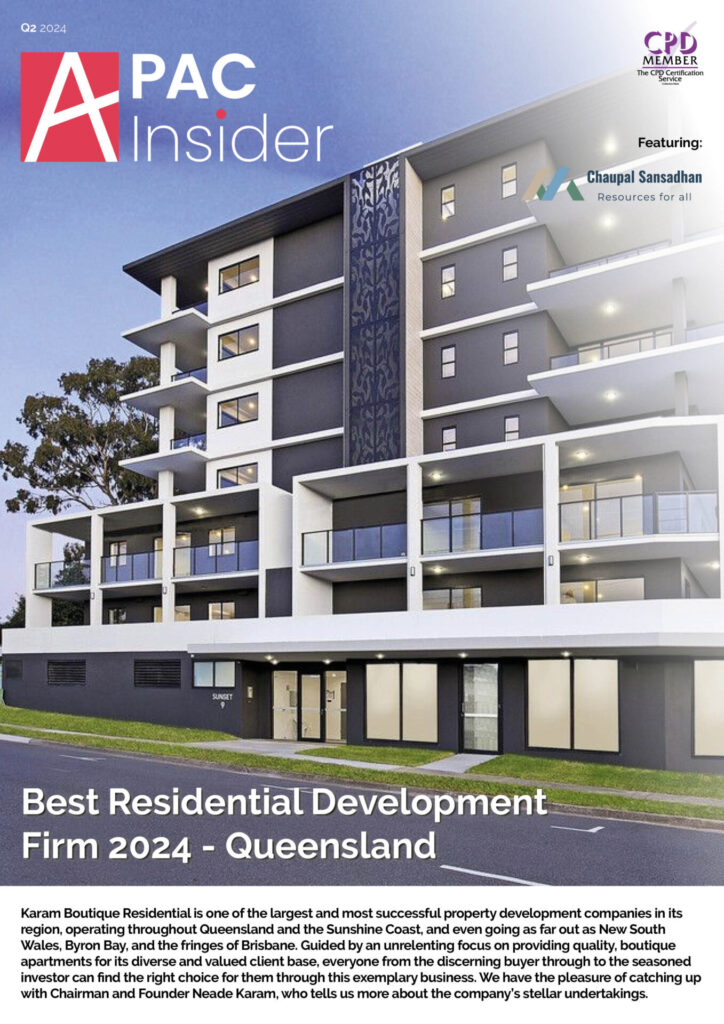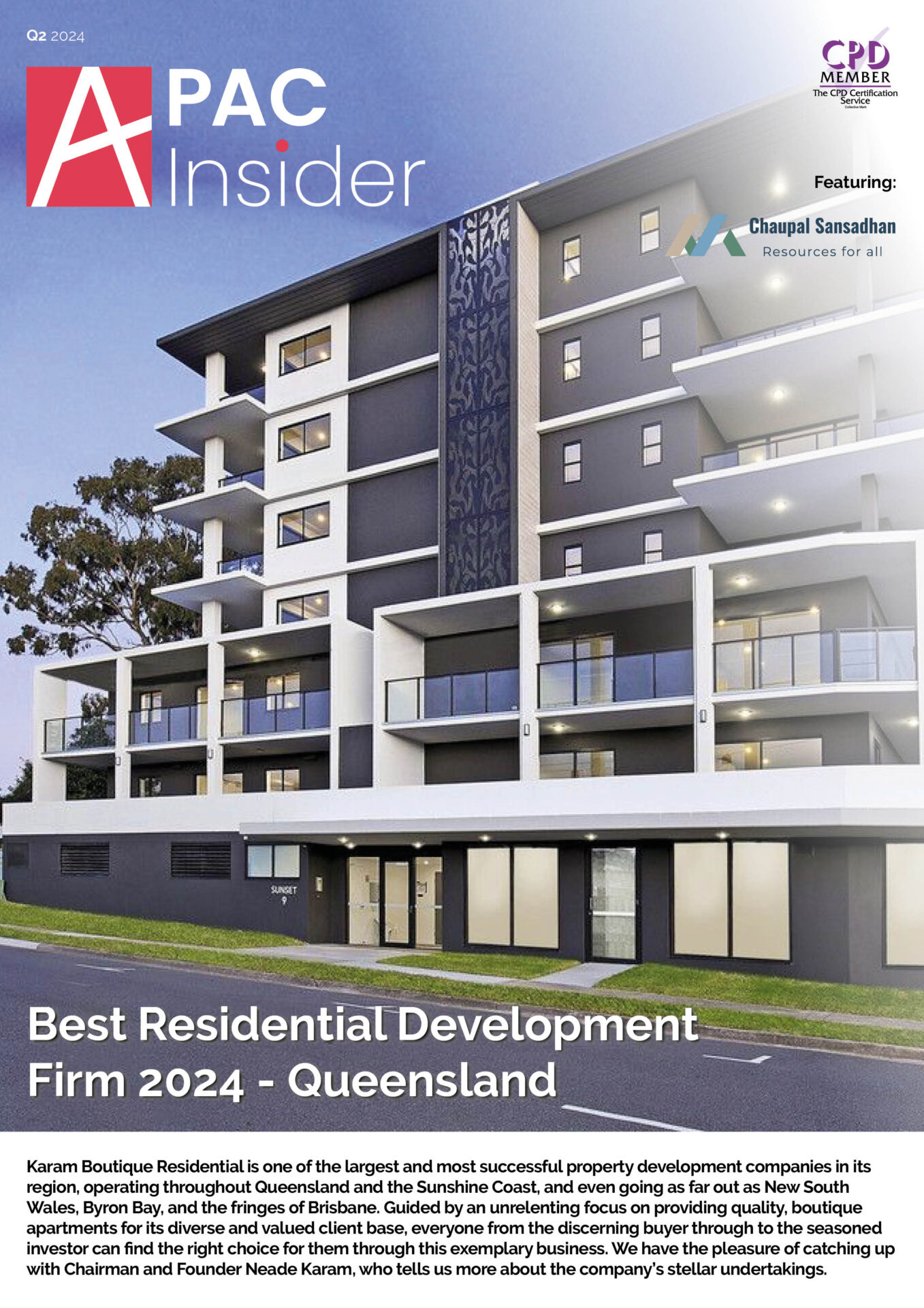
By Kevin Harrison, Managing Director, Good Travel Management
Group travel to conferences and events is an important business activity, facilitating networking, growing brand awareness, and increasing sales opportunities.
Business conferences in 2022 contributed £18.3 billion to the UK economy through direct spending whilst exhibitions and trade shows contributed £11 billion in direct spending.
Organising group travel to these events is no small feat requiring expert attention to detail, forward-thinking and flexibility from business travel managers. Travel experts must practice precise planning, open communication, and strict organisation to pull off trips without complications along the way.
Here are my four top tips to make sure you plan the perfect group business trip for your clients.
#1 Be clear about limitations.
Setting deadlines is fundamental for smooth planning because of the chain of events that need to be ticked off to finalise a trip.
It is important to establish any limitations to help plan effectively. For example, if a date is set for attendees to confirm availability, then accommodation should be booked as soon as possible, so a client’s accounts team can plan for the necessary payments and ensure they happen on time.
Some key initial questions to consider and ask your clients are:
- What is the allocated budget?
- How many will be travelling together?
- What is the reason for the trip and what business outcomes are clients hoping to achieve?
- What travel advice is in place depending on the location of the trip?
Once these have been answered, planning may commence more effectively and efficiently.
Attention to detail about less obvious possible limitations is also important. For example, it’s important to know about facilities and alternatives to meet the specific needs of individuals, like allergies, dietary requirements, or disabilities.
Gathering information from all attendees early on and sending it to the relevant organisers of conferences and events, well in advance, will mitigate potential delays and errors during conferences or events.
#2 Practice open and organised communication
A detailed itinerary is the clearest and most concise way to communicate every stage of the trip to those attending, allowing them to plan accordingly.
The best practice for business travel managers is to send this out far in advance, giving everyone time to make the necessary arrangements required for their own personal circumstances like finding childcare or organising transport for the day of departure.
Itineraries are crucial for the duration of the trip and can be relied upon by individuals in the group to ensure that they don’t miss transfers or flights.
Those travelling for business are expected to be responsible, presenting themselves when required especially for conferences or events during the trip.
However, curating an accurate itinerary is complex. So, this is where using a travel management company (TMC) is beneficial as most have a wealth of experience and connections within corporate tourism to make sure there are no hiccups or mistakes along the way.
Using advanced digital platforms, TMCs can centralise the process of booking flights, hotels, and hire cars whilst fine-tuning timings seamlessly.
#3 Use travel expense systems
Travel expenses are relevant to all companies, no matter what size, and are likely to be one of the biggest costs incurred. As it is a variable cost, it is important to be able to calculate an estimated business travel expense budget.
In this instance, TMCs provide travel expense systems which track expenditure in real-time and offer historical data capture, enabling businesses to forecast travel expenditure for future business group travel.
Once again, communication is important. Make sure everyone on the trip knows what the expense policy is to avoid overspending or confusion when invoices are distributed.
Lastly, live tracking allows for real-time comparison of spend versus budget during the trip, giving managers wiggle room to adjust and curtail spending where necessary.
#4 Use travel expertise to reduce costs.
Planning business group travel has its advantages. Whilst it is a costly exercise, there are opportunities to cut expenses in certain circumstances.
TMC managers will always plan and book far in advance for you, leaving no room for last-minute and costly changes to transport and accommodation requirements.
Where possible, ask organisers to book flights, trains and other transport for off-peak times and to apply the same principle for accommodation.
Where overnight accommodation is not a necessity, communicate this to whoever is responsible for event organisation, so they can arrange for safe and suitable transportation home.
Group transfers like people carriers and buses save money on petrol expenses, and if you book these in advance, you will secure better deals.

Recognising excellence across the Asian Pacific.
Nominate now ➜
Read the latest and past issues of APAC Insider.
Explore issues ➜
Find out how we can help your business grow.
Find out more ➜



















